Photos show Debby's path of destruction from Florida to Vermont
The remnants of Debby made their way through New England Saturday after the storm left a deadly path of flooding, trapped residents and emergency declarations in its wake along the East Coast.
In its last bulletin for the storm, the National Weather Service forecasted Debby would drop 1 to 2 inches of rain across parts of New England early Saturday, which could result in some flash flooding. Rainfall could also affect southern Quebec, across the Canadian border, according to the bulletin published Friday night. Along the northeastern coast, large swells could cause life-threatening surf and rip currents.
Debbie has now been downgraded to a post-tropical cyclone.
Storm tracker:Tropical wave in Atlantic could become Tropical Storm Ernesto
At least nine people have died from the effects of Debby. The latest report comes from West Virginia, where a woman died when a tree uprooted and collapsed on a home, reports the Chambersburg Public Opinion, part of USA TODAY Network.
Weather alerts via text:Sign-up to get updates about current storms and weather events by location
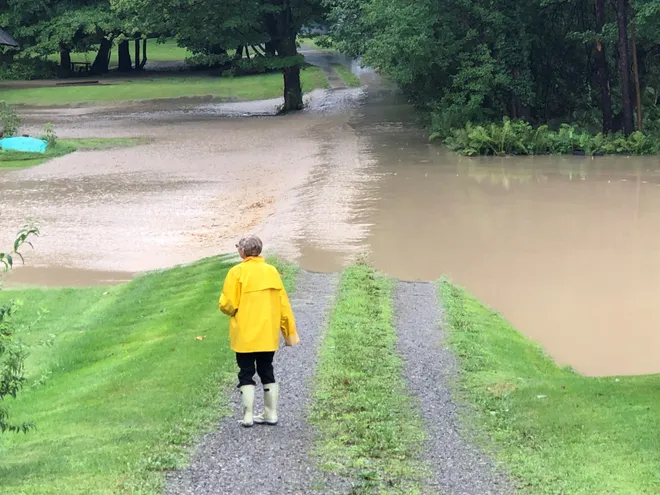
On Saturday morning, the NWS office in Caribou, Maine, said a cold front enhanced by Debby could bring a few thunderstorms with gusty winds and heavy rain before it moved through the state's Downeast region. Skies would clear in the evening, forecasters said.
NY flooding:One saved from flooded home, three from submerged vehicle
The day before, the storm triggered emergency declarations in New York and Pennsylvania. Washington, D.C. had delays on its metro because of flooding, while some flights in the nation’s capital and New York City were temporarily grounded. New York City Emergency Management officials issued a travel advisory in the evening due to possible flooding.
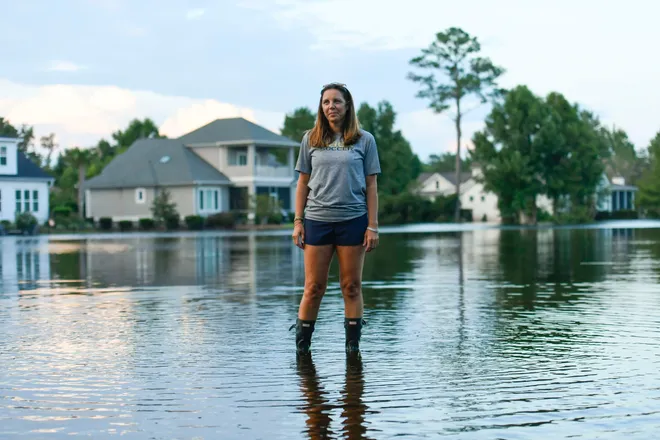
On Monday, Debby made landfall as a category 1 hurricane in Florida’s Big Bend region. It continued through the southeast during the week. However, even by Friday, parts of South Carolina and Georgia — where the storm passed earlier in the week — had rescue operations and closed roadways due to overflowing rivers and streams.
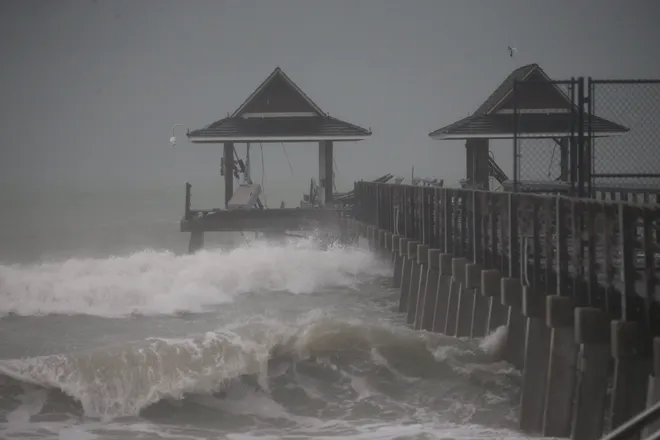
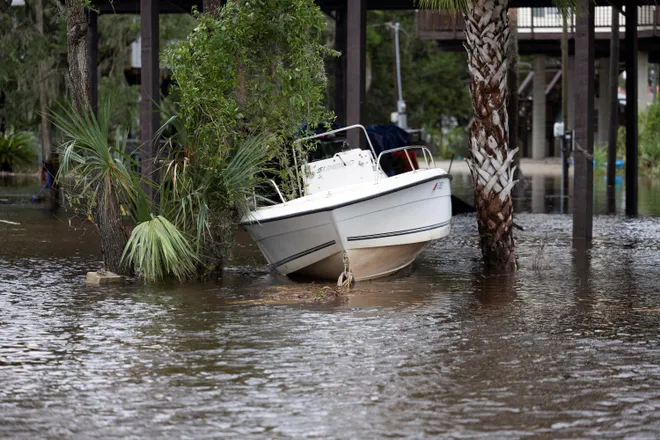

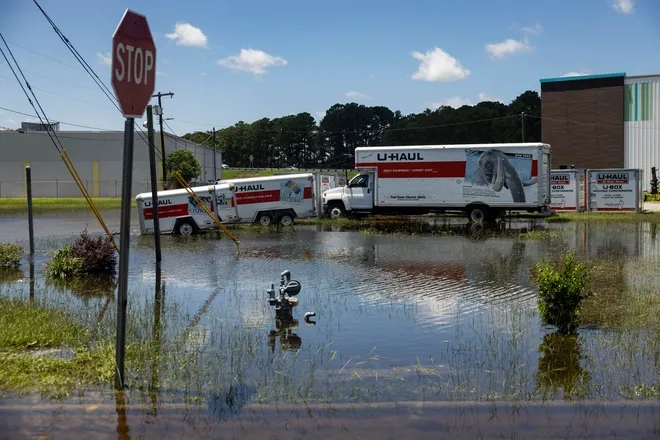

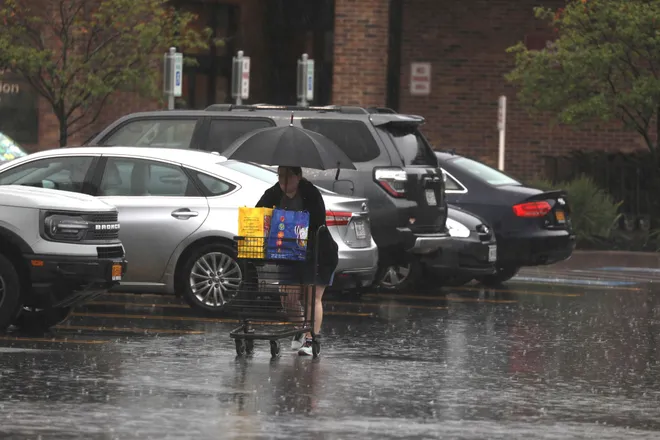
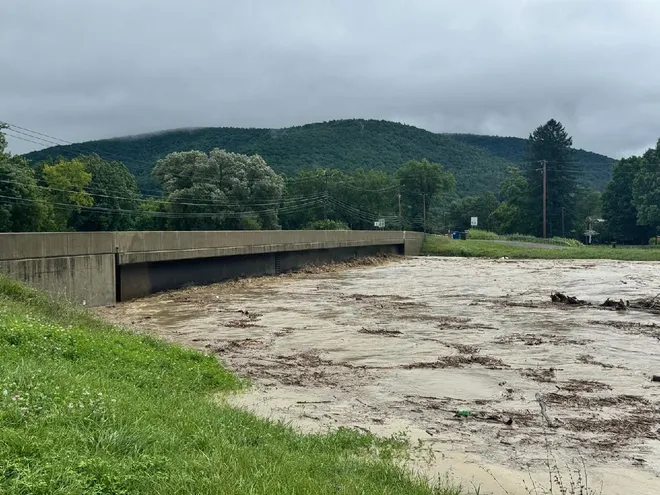
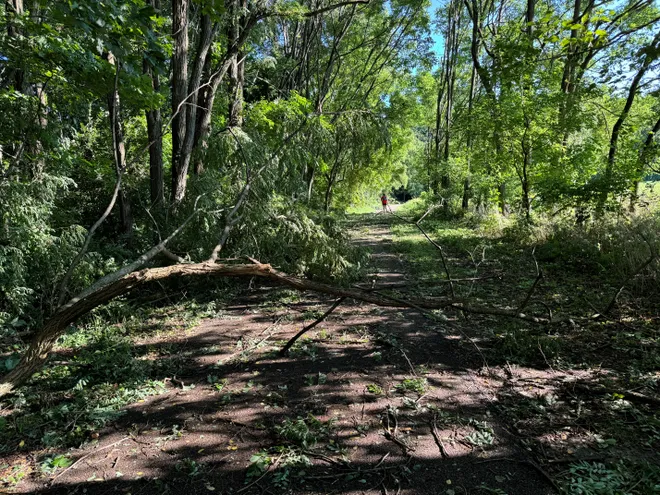
Contributing: Christopher Cann and Doyle Rice of USA TODAY
Disclaimer: The copyright of this article belongs to the original author. Reposting this article is solely for the purpose of information dissemination and does not constitute any investment advice. If there is any infringement, please contact us immediately. We will make corrections or deletions as necessary. Thank you.



